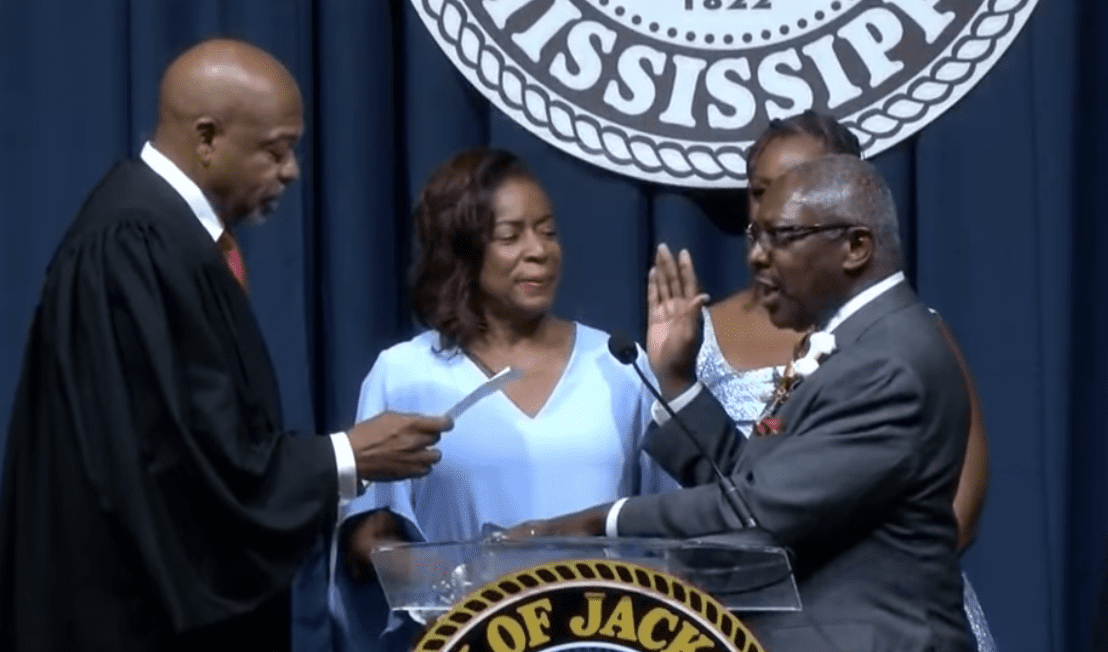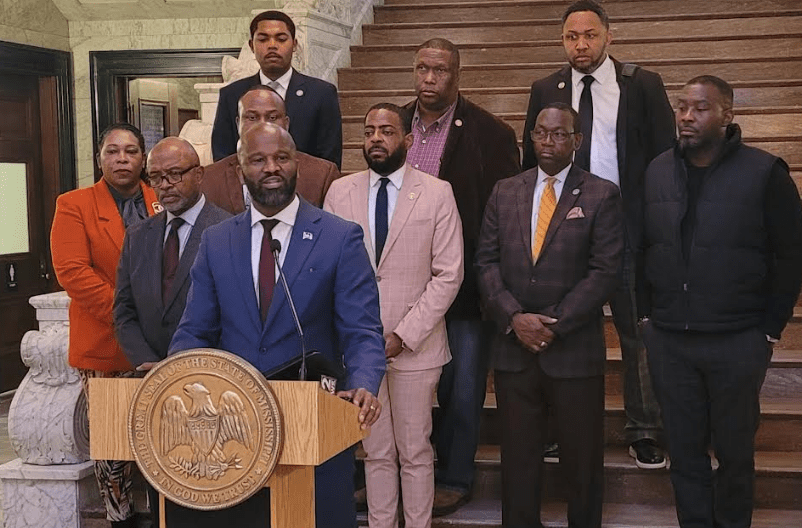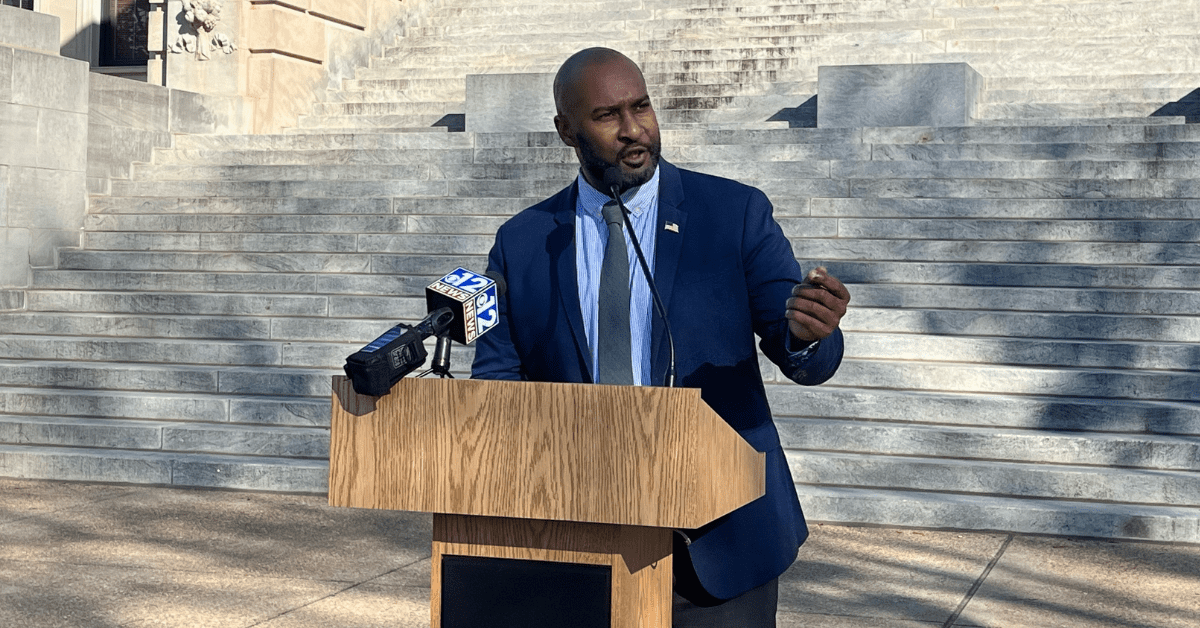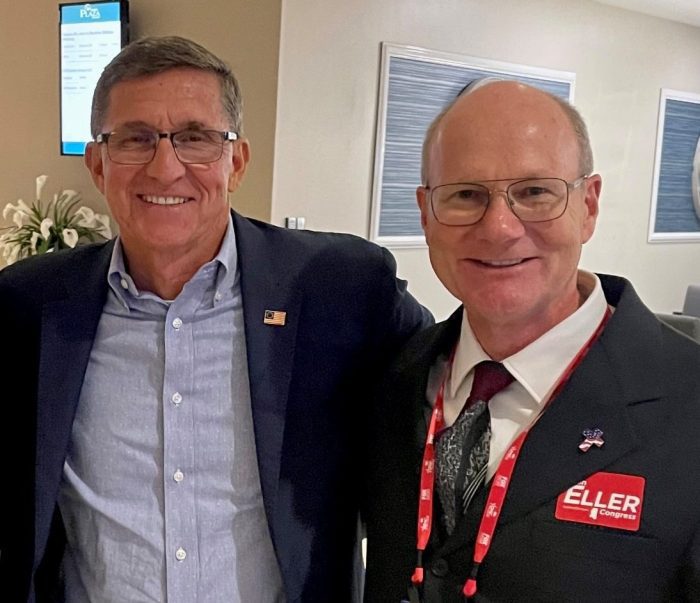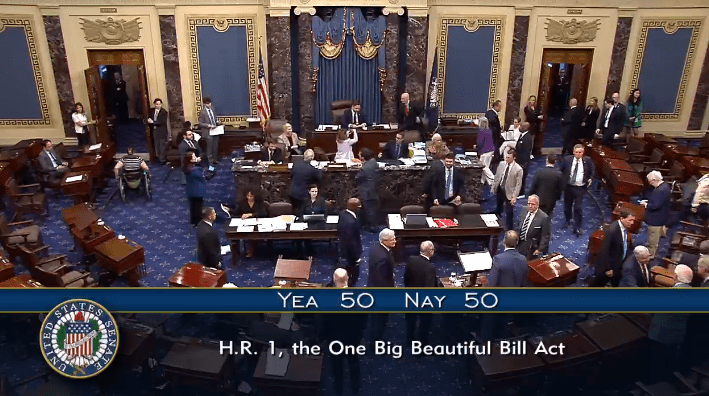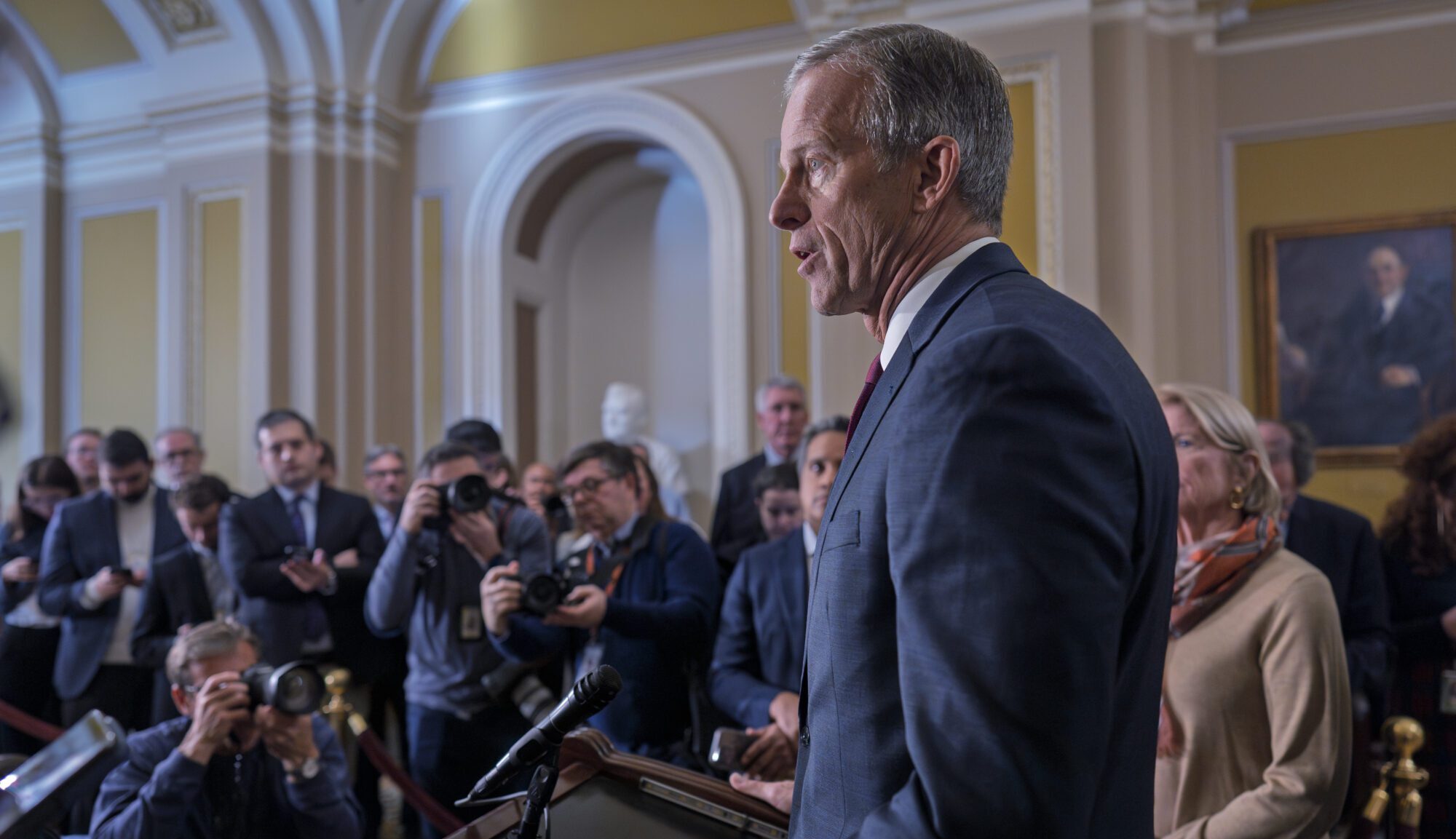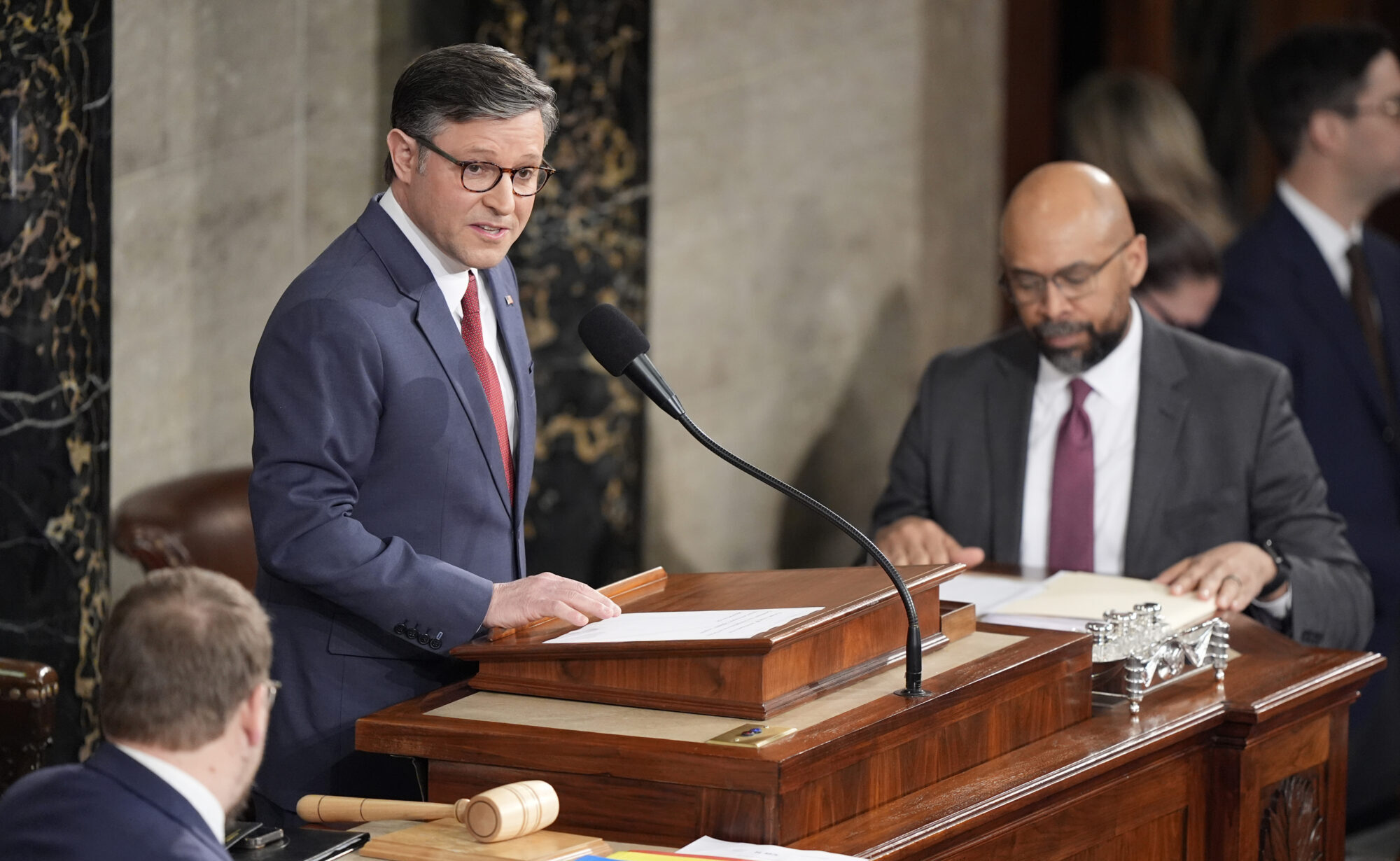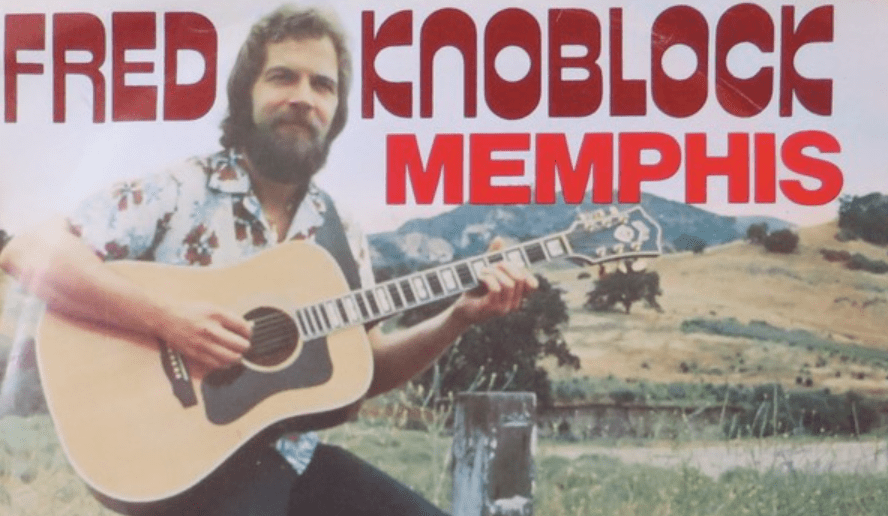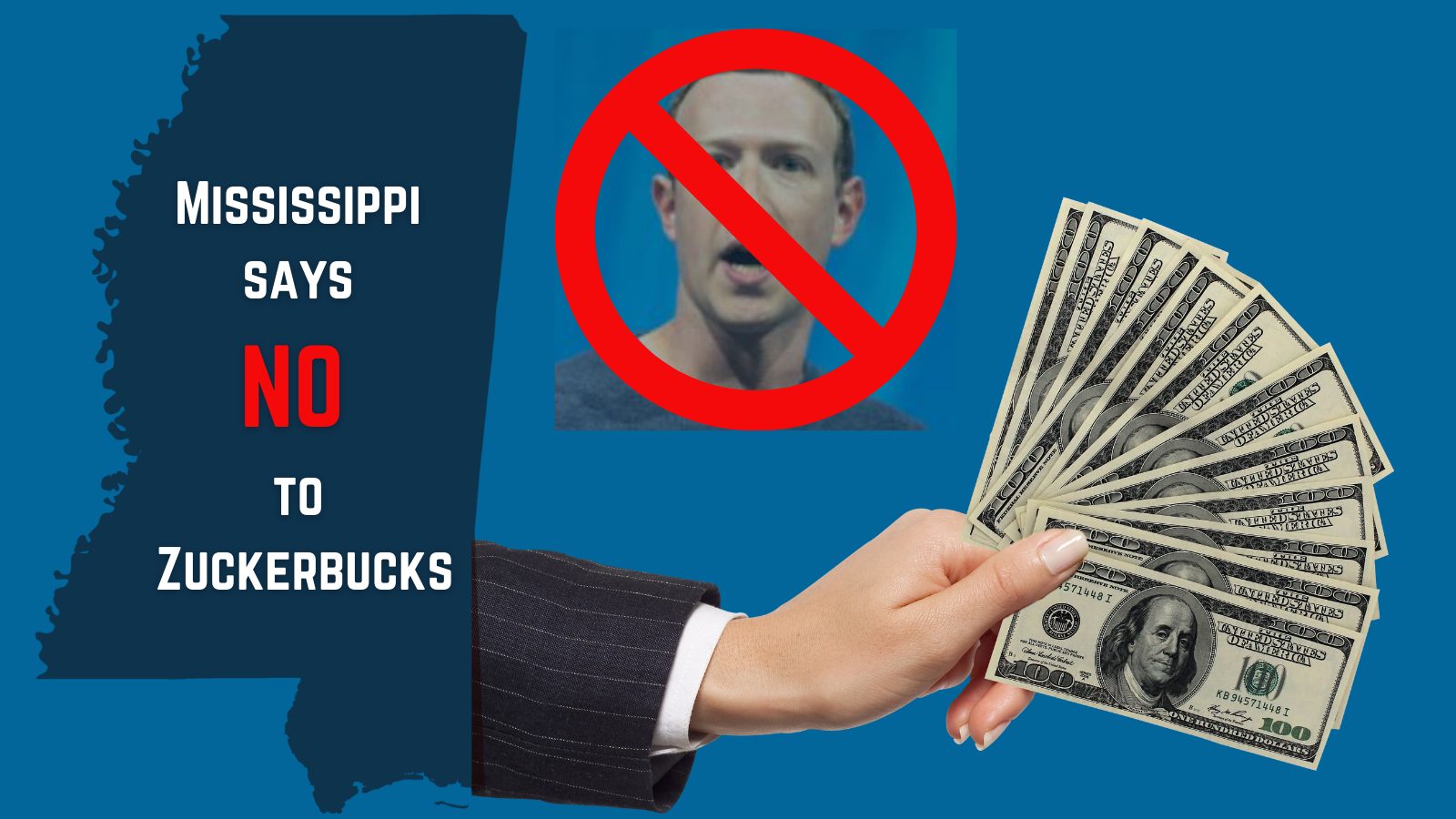
Governor Reeves signed the bill into law prohibiting state, local officials from using private funds for election-related expenses.
A new law in Mississippi makes private money used to fund elections in Mississippi illegal.
HB 1365, signed into law by Governor Tate Reeves, makes it illegal for an agency or state or local official who is responsible for conducting elections to solicit, accept, use or dispose of any donation in the form of money, grants, property or personal services from an individual or a nongovernmental entity for the purpose of funding election-related expenses or voter education, voter outreach or voter registration programs.
The bill was put forward by Speaker Philip Gunn. The conference report was adopted in the House by a vote of 78-38 and in the Senate 49-2.
State Auditor Shad White called it a “great move” by Mississippi lawmakers and Governor Reeves following his office’s arrests in Hinds County.
This law comes on the heels of a State Auditor investigation which led to the arrest of a Hinds County Election Commissioner and others involving Zuckerbucks.
READ MORE: Hinds County Election Commissioner and other resident indicted on charges
Facebook’s (now Meta) Mark Zuckerberg pumped millions into local elections in 2020. A portion of the money allegedly obtained by the individuals being prosecuted conspiracy, bribery, fraud and embezzlement in Mississippi came from $1.9 million in grants awarded to Hinds County by the Center for Tech and Civic Life (CTCL)—a nonprofit organization funded by Zuckerberg.
This organization gave over $350 million to election offices across the country during the 2020 election season, according to the Wall Street Journal.
“These cases expose some of the dangers of private funding of our elections,” said Auditor White back in February. “They also represent another chapter in the story of fraud that has resulted from the massive amount of COVID-related spending in the last two years.”
White tweeted on Monday that with the signing of this new law in Mississippi, this type of fraud will not happen again.
“When we made arrests for the alleged embezzlement of Zuckerbucks in Hinds County, it was frustrating to see,” White wrote. “But this will not happen again with the signature of a new law by Gov. Tate Reeves. The new law bans the use of private funds in our elections.”
When we made arrests for the alleged embezzlement of Zuckerbucks in Hinds County, it was frustrating to see.
But this will not happen again with the signature of a new law by Gov. @tatereeves. The new law bans the use of private funds in our elections. @MZHemingway @FDRLST
— Shad White (@shadwhite) April 4, 2022
A number of other states, including Wisconsion, Pennsylvania, Florida and more, are considering bills to outlaw these Zuckerbucks as they have proven rife with fraud and abuse.
Earlier this month, Congresswoman Claudia Tenney (NY-22), co-chair of the House Election Integrity Caucus, released a statement in response to a report issued by a state-appointed special counsel in Wisconsin, which found that $9 million given by Facebook / Meta CEO Mark Zuckerberg to local boards of elections violated state bribery laws.
“The findings released today in Wisconsin by a state-appointed special counsel expose Zuckerbucks for exactly what they are: a shady and corrupt influence operation designed to undermine free and fair elections. In particular, the special counsel determined that the funding provided by Mark Zuckerberg and funneled through a liberal non-profit to Democrat-leaning counties violated the state’s anti-bribery laws,” Tenney said.
Congresswoman Tenney said states around the country that have not yet banned Zuckerbucks from future elections must act now to save our elections and protect the democratic process from being sold to the highest bidder.
“I am continuing to fight as co-chair of the House Election Integrity Caucus to ensure my End Zuckerbucks Act is passed to prevent non-profits from engaging in this corrupt practice in the future,” she said.
Tenney introduced the End Zuckerbucks Act last year to bar private organizations from providing direct funding to official election organizations.
